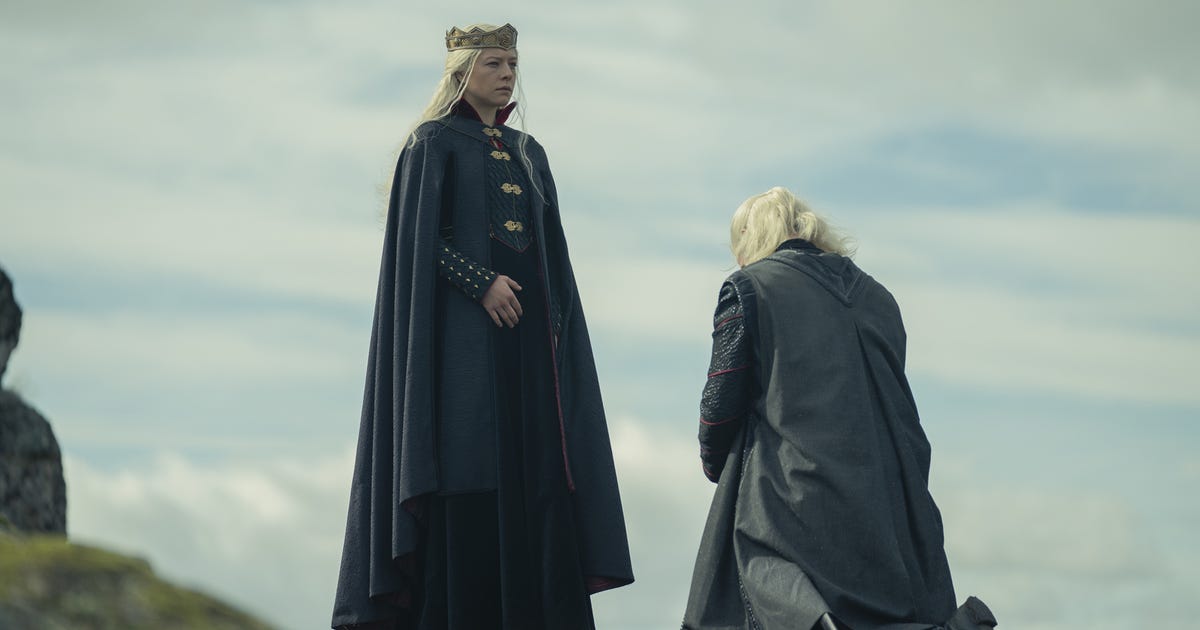A customer of Apple Computer’s iTunes Music Store said he has successfully resold a song he purchased through the service, ending a weeklong exercise he hoped would highlight the legal and technical nuances of emerging digital music services.
George Hotelling, a Web developer in Ann Arbor, Mich., on Tuesday reported the details of the transfer on his Web log.
In an interview Wednesday, Hotelling said he was able to give the song to a friend, Keith Elder, a Web developer in Ypsilanti, Mich., whom he met through an Internet discussion group. In order to close the deal, Hotelling said he had to transfer control of his entire iTunes Music Store account to Elder. He said he intends to demand 50 cents from Elder for the account, which included one song, the Devin Vasquez remake of Frankie Smith’s song “Double Dutch Bus,” which he’d originally purchased for 99 cents.
“For the average user, I’d definitely say this was extremely difficult,” he said. “I guess you could say we’re both extreme geeks.”
An Apple representative declined to comment on the transfer.
Hotelling last week put the song up for sale on eBay as a way to highlight resale rights for digital music services, but eBay pulled the auction, saying it violated its listing policies.
Under the “first sale” doctrine, the owner of a lawful copy of a work is allowed to sell it without the permission of the copyright owner. But a recent study of the first sale doctrine from the U.S. Copyright Office suggested that the doctrine does not apply to digital goods, because such transfers imply making a copy of the work–something that’s not explicitly addressed in the doctrine.
Hotelling said he transferred a copy of the song to Elder and then deleted it from his own computer. He said didn’t know if the transfer violated Apple’s terms of service, or whether it might be construed as piracy.
Apple has so far refused to directly answer the question of whether the iTunes Music Store’s terms of service allow songs or accounts to be transferred. Queried by a reporter about the issue recently, an Apple executive downplayed questions over the download resale policy, saying technical, if not legal, barriers would largely prevent such transfers from taking place.
“Apple’s position is that it is impractical, though perhaps within someone’s rights, to sell music purchased online,” said Peter Lowe, Apple’s director of marketing for applications and services.
Hotelling said he accomplished the transfer by changing his account credit card to a prepaid card he purchased at a 7-Eleven store. After spending most of the money on the card, he gave Elder his iTunes account information and password.
“Not that I didn’t trust him, but I wanted to show how this could be done by someone selling a song to a complete stranger,” he said, regarding the use of the prepaid card.
Hotelling said he paid $29.95 for the card, including a $9.95 service fee and a minimum $20 balance. He said he used the card to donate $19 to online legal activist group the Electronic Frontier Foundation, effectively losing $1 dollar when the card wouldn’t allow him to expend its full value.
Hotelling said he believes digital music services that develop techniques for easily reselling and transferring songs as gifts could have a competitive advantage over those of rivals.
Outside of the digital music arena, Hotelling said he’s concerned about end user license agreements from some software companies that contractually limit the first sale doctrine, for example, PC makers who preinstall Microsoft’s Windows operating system but require the software to be removed before the computer can be resold.
Although Hotelling lost money on the deal, he said it was worth it to make an important point about digital resale rights.
“It was a success,” he said. “I was able to transfer the song, I documented it, and Apple even said it was probably legal. I think the biggest success was raising the issue in a lot of people’s minds.”




